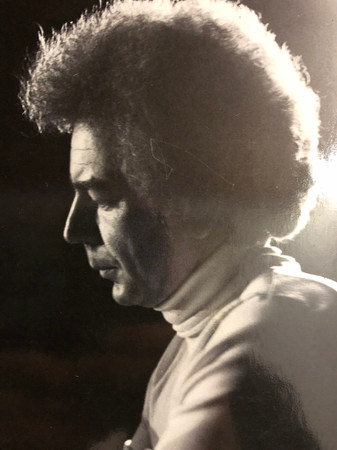Robert Leonardy
Настоящее имя: Robert Leonardy
Об исполнителе:
The pianist Robert Leonardy, from the West Germany's Saarland, was born in 1940. He studied with Fritz Griem and Andor Foldes at the State Music Academy (Musikhochschule) in Saarbrücken and later with Jean Doyen and Marguerite Long at the "Académie de Piano" in Paris. Then, although he had already completed his certificate examination with distinction in 1959, he continued his studies with Erich Flinsch at the Frankfurt State Music Academy. He received scholarships from the Brahms Festival in Hamburg as well as from the German Academic Exchange Service. In 1967, he won First Prize in piano at the competition of the "Pfälzische Musikgesellschaft", Second Prize at the International Piano Competition of the "Festival of Romantic Music" in Bardolino (near Verona) in 1969, and the "Prize of the City of Naples" at the Alfredo Casella Competition as well as First Prize at the International Piano Competition in Paris in 1970. Then, in addition to playing concerts in many European countries, he very soon began teaching. In 1971, after two years as instructor at the Rhenish Conservatory in Cologne, he was appointed professor of piano at the State Music Academy in Saarbrücken. He has also performed on radio and television many times. His playing is marked by amazing technical perfection and security, but no less by distinctive musicality and wisely thought-out presentation. A Leonardy interpretation traces its own individual paths of thought in such a way that even well known works sound new and lead to a new understanding. In Leonardy's hands Romantic music, in particular, is given clear illumination from a "modern" perspective (that is to say, free from the burden of traditional conventions) and receives grippingly precise and terse analysis with respect to harmonic constellations and an interpretation that is free from sentimentality and obtrusive pathos. In Leonardy's case virtuoso works are not simply given over to "brilliant-only" appearances, but are indeed always sounded for the depths of their essential content. (Wolf Eberhard von Lewinski, translated by E. D. Echols)

